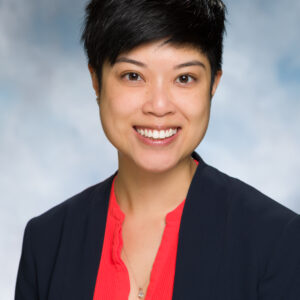
Feasibility and Acceptability of a Remotely Delivered Exercise Program for Female Cancer Survivors (2Unstoppable Strong)
Abstract Overview
Background: Strategies for increasing opportunities for exercise engagement among female cancer survivors are needed. Community-based exercise programs have been shown to improve psychosocial wellbeing and health-related quality of life. However, few opportunities are designed with dissemination in mind and do not partner with community organizations. This research is a community-academic partnership between 2Unstoppable (2U), a nonprofit organization that promotes wellness among women diagnosed with cancer, and the University of Michigan. 2U Strong is a 10-week, remote delivered, and group-based exercise program developed for female cancer survivors. The program was supervised by a coach with a certification in cancer and exercise. The primary aim was to assess the feasibility (acceptance rate of ≥ 65%) and acceptability (satisfaction at Mscore is ≥ 4 out of 5) of 2U Strong. The secondary aim was to evaluate the preliminary efficacy of 2U Strong on perceived social support, self-reported physical activity, and health-related quality of life.
Methods: Female cancer survivors (N=44; Mage=53.9 years, SD=8.5; 81.4% White and 14.0% Black; 58.1% married, 88.4% diagnosed with breast cancer; 37.2% Stage IV or metastatic cancer) enrolled in 2U Strong and consented to completing questionnaires at baseline (~1-2 weeks prior to 2U Strong) and post-program. Analyses included descriptive statistics and repeated measures ANOVA.
Results: A total of 5 exercise groups completed the 2U Strong program from 2022 to 2023. Out of 63 total program participants, 44 enrolled in the research (70.0% acceptance rate). Research participants were very satisfied with 2U Strong (Mscore=4.7 out of 5, SD=0.6). Only perceived social support significant increased from baseline to post-program (F(2,35)=13.4, Mdifference=+1.5, p<.001). Conclusion: 2U Strong was rated as feasible and acceptable and had a positive effect on perceived social support among female cancer survivors.
Practical Implications: 2U Strong may promote broader dissemination into difficult-to-reach communities including rural areas. Funding: Rutgers Mission Support.
Additional Authors
Name: Isabel Wakefield
Affiliation: University of Michigan
Presenting Author: no
Name: Michelle Stravitz
Affiliation: 2Unstoppable
Presenting Author: no
Name: Ilana Gamerman
Affiliation: 2Unstoppable
Presenting Author: no
Name: Stacey Mann
Affiliation: 2Unstoppable
Presenting Author: no

